Table of Contents Show
This country is known for its scenic landscapes and diverse climates. From north to south, east to west, there are ample gorgeous views and epic adventures. National parks tend to get all the credit for having fun and cultural experiences; however, national monuments can be just as thrilling, sometimes even more so.
Today, we’ll discuss some of the national monuments that we think are better than national parks. Keep reading to see if you agree!
What Is a National Monument vs. National Park?
While it’s easy to assume that monuments are manmade structures, such as the Lincoln statue, that’s not necessarily true. A monument can be a manmade structure or one naturally occurring that earned monument status.
A national park is a piece of land that’s beautiful and recreational. If an area earns monument status, it’s because it has historical or scientific value. Sometimes sections of parks are declared as monuments, making it hard to distinguish between a park and a monument.
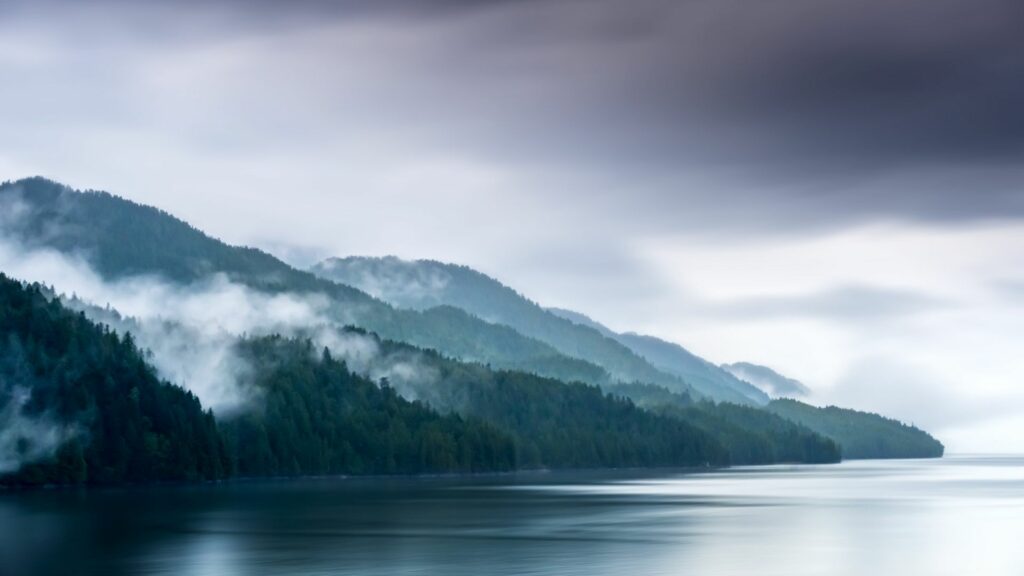
What Is the Largest National Monument?
The largest national monument hasn’t been updated since 1918 when President Woodrow Wilson declared Katmai National Monument as the largest. At more than 1,000,000 acres, that seems like a clear choice.
However, we also have the Gateway Arch in St. Louis as the tallest monument in the country at 630 feet high.
10 National Monuments That Are Better Than Most National Parks
These 10 monuments showcase some of America’s most breathtaking landmarks. The history, science, and culture we can learn from these monuments are exactly why we value them so much. So if you’re wondering where to take your next vacation, here are 10 options:
#1. Organ Pipe Cactus National Monument, Arizona
Address: 10 Organ Pipe Dr, Ajo, AZ 85321
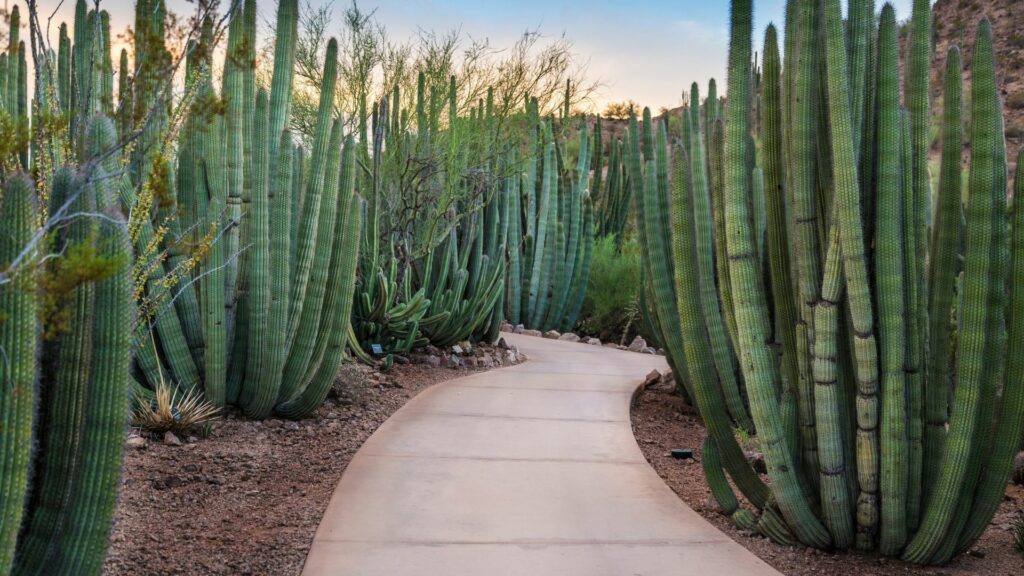
This monument is known for its senita and organ pipe cactus, the only place in the country where it grows wild. This cactus plant is named after its distinctive shape that looks similar to an organ. Cacti aren’t the only plants you can find here. As an international biosphere reserve, Organ Pipe Cactus National Monument contains samples of different ecosystems worldwide.
#2. Devil’s Tower National Monument, Wyoming
Address: WY-110, Devils Tower, WY 82714
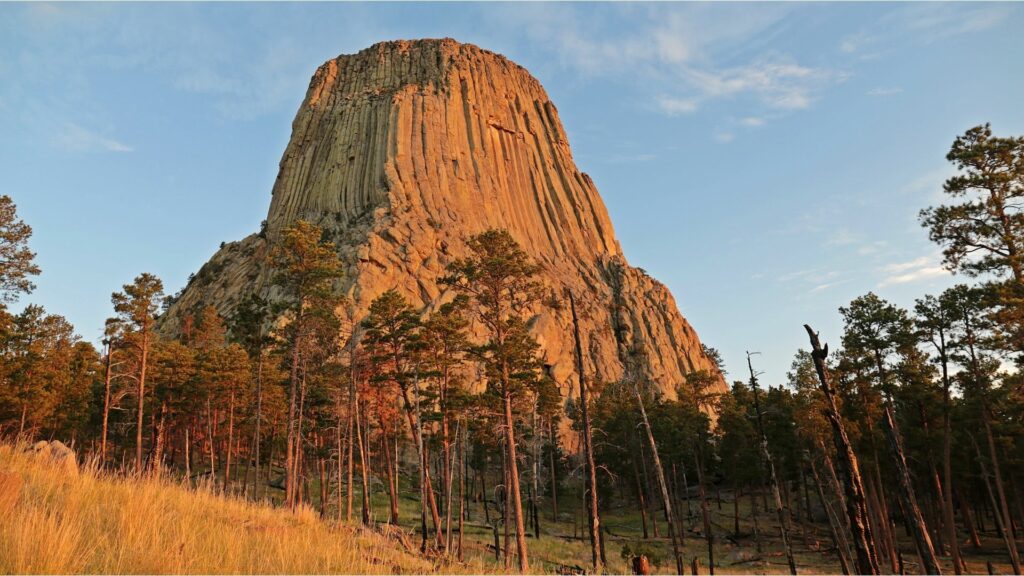
This 867ft-tall monument is great for steep rock climbing, making it a perfect destination for adventurers. It’s also a sacred place for the Native American tribes in the plains, and they use it for religious services. Devil’s Tower is phonolite porphyry, a rare igneous rock that the scientific community studies and preserves.
#3. Craters of the Moon National Monument, Idaho
Address: Idaho (along US-20 between Arco, ID and Carey, ID)
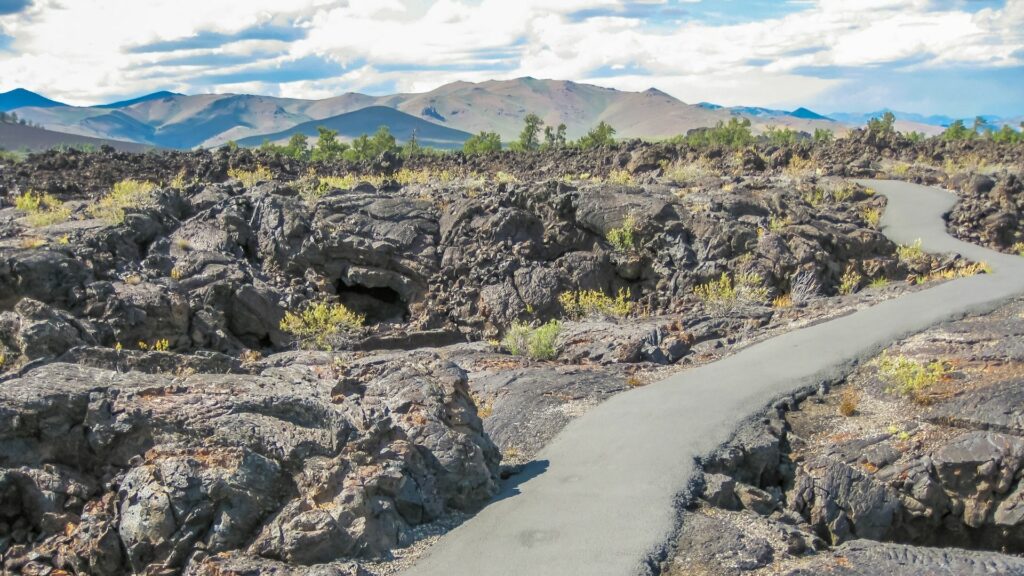
Lewis and Clarke recorded this ocean of volcanic rock, thousands of years after the volcano erupted. You can see the flow of the lava as it eventually cooled into this impressive igneous rock and formed craters. Craters of the Moon National Monument spreads over 1,000 miles with countless caves for you to explore.
Pro Tip: Read about our adventure to Craters of the Moon National Monument to help plan your own visit.
#4. Giant Sequoia National Monument, California
Address: near Springville, CA 93265
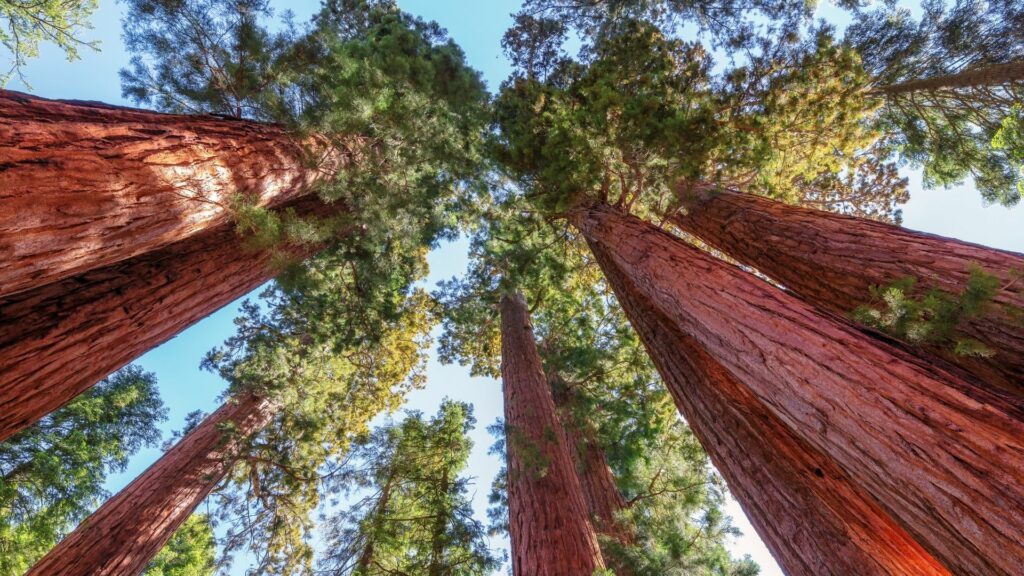
This 328,000-acre monument is in the Sequoia National Forest, along the western slope of the Sierra Nevada mountains. The sequoia tree is one of the largest trees in the world and can surpass 300 feet in height. With beautiful groves, lakes, and trails, Giant Sequoia National Monument’s incredible views are worth seeing.
#5. Cedar Breaks National Monument, Utah
Address: UT-143, Brian Head, UT 84719
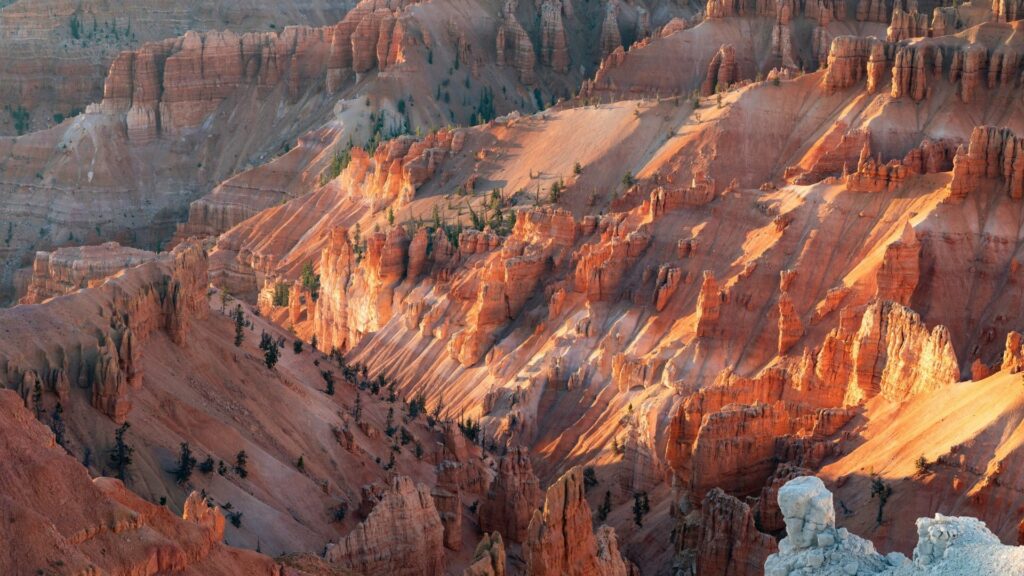
Near Cedar City, Utah, Cedar Breaks National Monument is a natural amphitheater that erosion created. It’s 3 miles long and 2,000 miles deep. Cross country skiers take advantage of its length and depth in the winter. Whether you enjoy skiing or hiking, this natural monument is a sight to behold.
#6. Vermilion Cliffs National Monument, Arizona
Address: Marble Canyon, AZ 86036
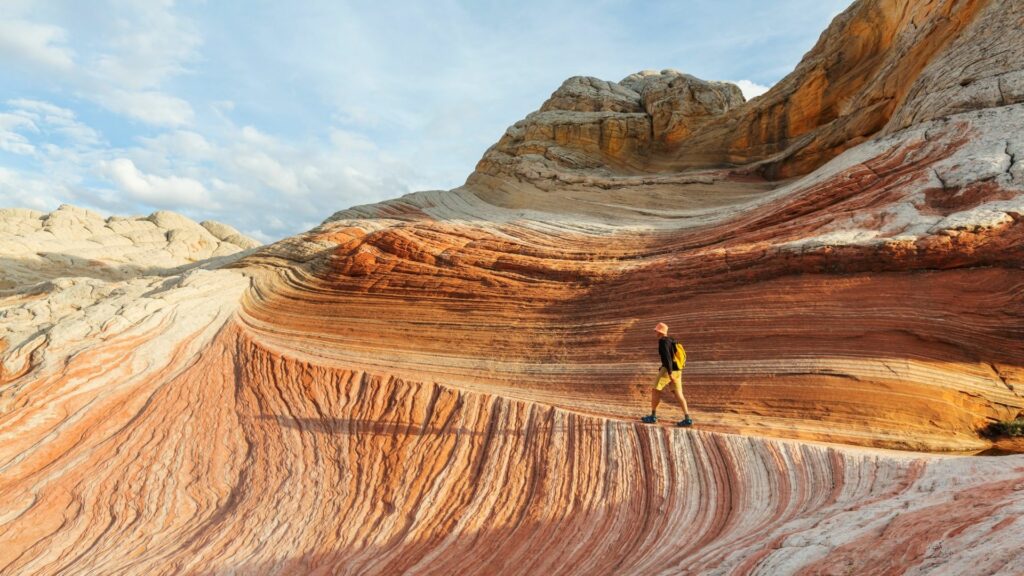
The Vermilion Cliffs protect endangered species while also providing rainwater for the surrounding areas. It’s a beautiful spot for hiking, with spectacular views of the Arizona desert. This monument is a geological treasure, and you’ll need a permit to enter this preserved land.
#7. Dinosaur National Monument, Colorado/Utah
Address: 11625 E 1500 S, Jensen, UT 84035
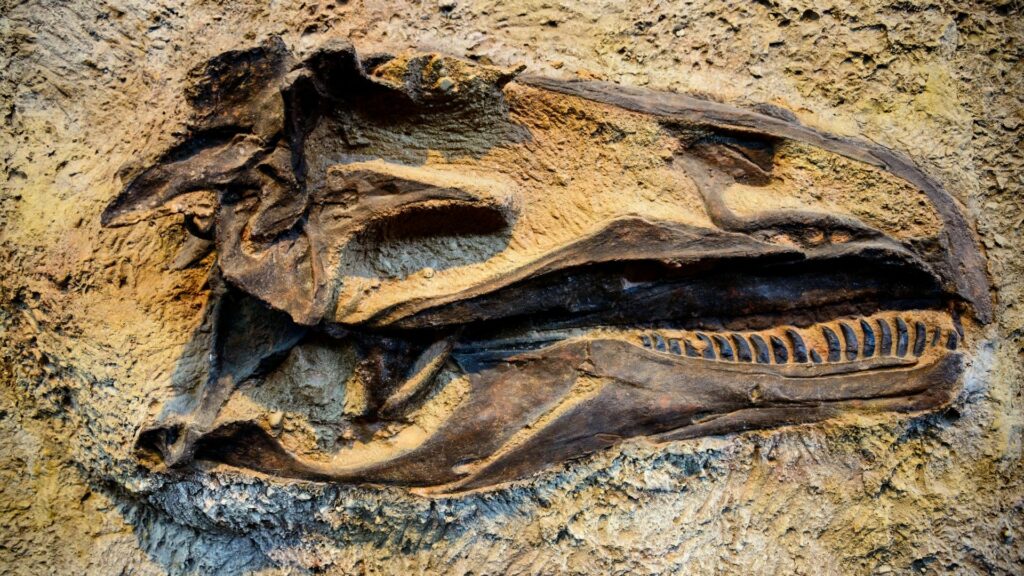
Dinosaur National Monument covers 210,844 acres and has hundreds of dinosaur fossils embedded in the quarry. These priceless fossils have led to new discoveries among paleontologists about different dinosaur species. The unique rock formations have helped the scientific community study the evolution of animals, plants, and rocks dating back before humans walked the earth.
#8. Mt. St. Helens National Volcanic Monument, Washington
Address: 3029 Spirit Lake Hwy, Castle Rock, WA 98611

This iconic volcano hasn’t erupted since 1980, but it still retains scientific value and is the object of many studies. Despite the miles of death this eruption caused in only a matter of minutes, plants and wildlife have returned to Mt. St. Helens. And of course, people have also returned to hike to the massive rim or ski the slopes.
#9. Katahdin Woods and Waters National Monument, Maine
Address: Hauling Rd 1, Millinocket, ME 04462
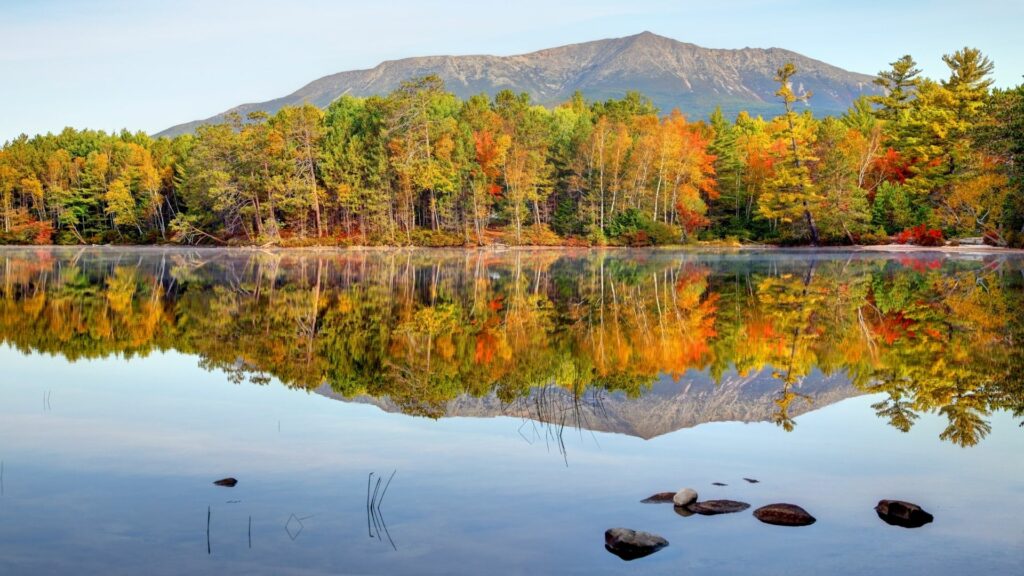
This monument was once a coral reef on the coast of Maine. These woods are full of lakes, rivers, and wildlife and offer a nice view of Mt. Katahdin. This scenic monument also allows access to the Appalachian Trail, where hiking, hunting, and winter sports abound.
#10. Misty Fjords National Monument, Alaska
Address: Edna Bay, AK 99901
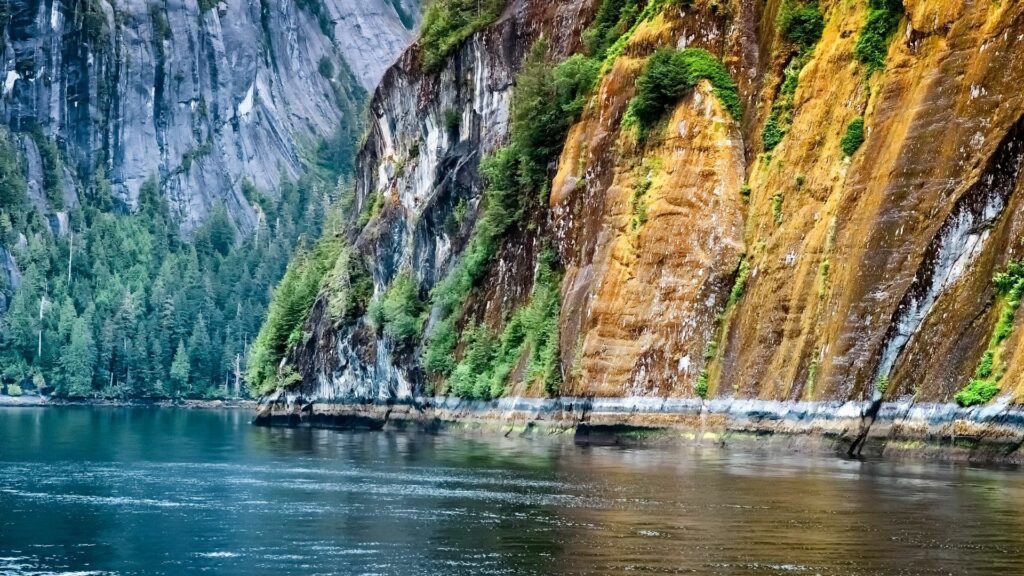
These steep sea cliffs are all rainforest vegetation and powerful waterfalls. Alaska is beautiful, and the Misty Fjorids National Monument in the Tongass National Forest is no exception. The constant rainfall keeps plants growing and water levels high. You can explore these cliffs through cruises, kayaking, flightseeing tours, and even camping.
Pro Tip: Tongass National Forest is the largest national forest in the United States. Learn why it’s so important and how to plan a visit.
There’s More to See Than Just the National Parks
National parks are great for hiking, swimming, skiing, and exploring; however, that’s not all they offer. There’s often a monument within the park that fuels scientific research and shares historical value. Monuments are a great place to learn, and they often have the recreational aspects that parks have too.
Which national monuments have you been to?




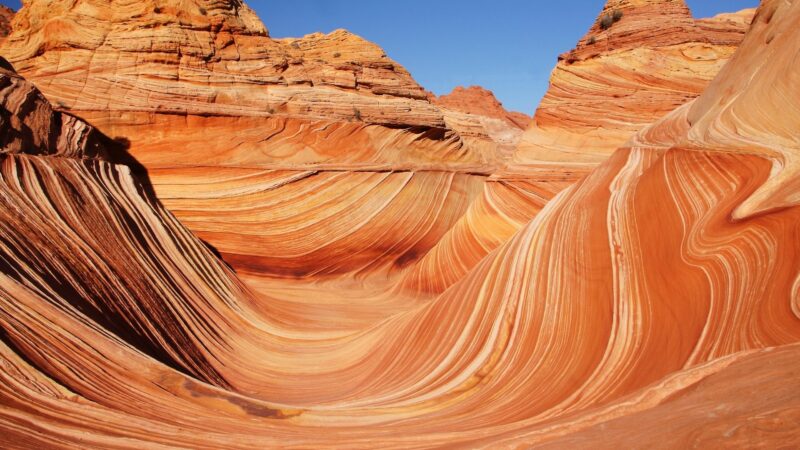

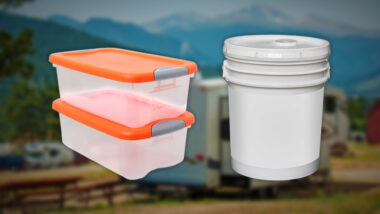
Colorado National Monument is gorgeous and has a nice campground too!
I have got to go see Cedar Breaks National Monument. That is amazingly deep. Those cross country skiers must be in top notch shape.